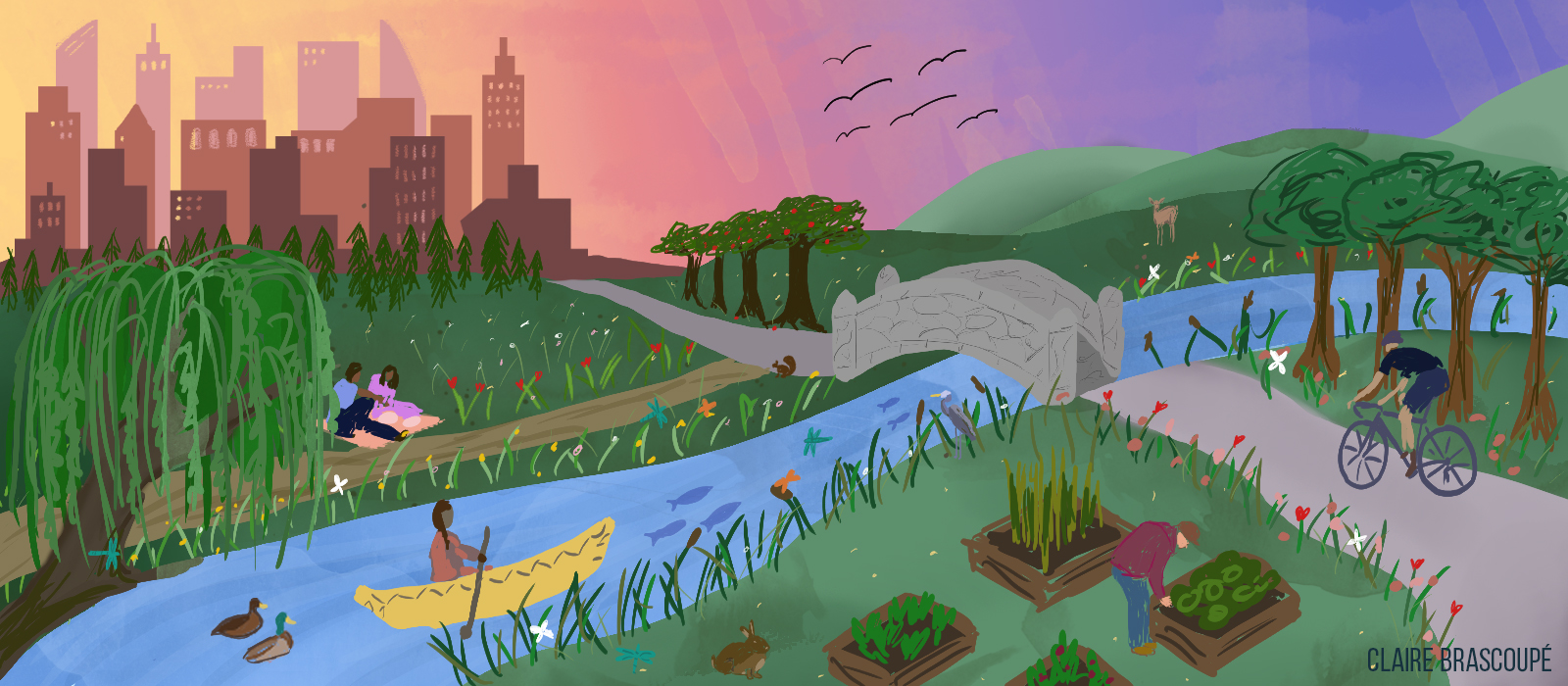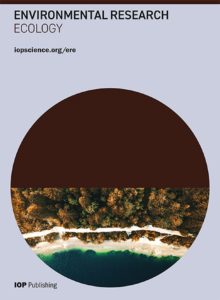ERE特刊征稿|基于自然的城市生物多样性和人类福祉解决方案

特刊详情
客座编辑
- Carly D Ziter,加拿大康考迪亚大学
- Rachel Buxton,加拿大卡尔顿大学
主题范围
For this focus issue we are seeking papers that evaluate nature-based solutions in an urban context. We are particularly interested in papers focusing on solution-oriented science (i.e., with implications for policy and decision-making) as well as those that directly assess outcomes of nature-based solutions for biodiversity, ecosystem functions and services, equity, and/or human health and wellbeing. We strongly encourage interdisciplinary research, and work that is co-produced with rights holders, communities, and/or stakeholders. Contributions may take a range of forms, including quantitative and qualitative original research, case studies, perspective pieces, or reviews.
We invite contributions that include, but are not limited to:
- Studies of the relationships between urban green spaces, biodiversity, and human health and wellbeing
- Studies that evaluate outcomes of nature-based solutions (for biodiversity, ecosystem functions or services, equity, and/or human health and wellbeing)
- Co-produced research on urban nature-based solutions (i.e., with rights holders, communities, stakeholders)
- Studies addressing the relationship between nature-based solutions and social and environmental justice
- Perspectives or reviews addressing how to successfully implement urban nature-based solutions
投稿流程
特刊文章与ERE期刊常规文章遵循相同的审稿流程和内容标准,并采用同样的投稿模式。
有关准备文章及投稿的详细信息,可以参阅IOPscience页面的作者指南。
作者可登入期刊主页进行在线投稿,在“文章类型”中选择“特刊文章”,并在“选择特刊”的下拉框中选择“Nature-based Solutions for Urban Biodiversity and Human Wellbeing”。
投稿截止日期:2023年9月20日。
期刊介绍

- Environmental Research: Ecology(ERE)是一本多学科、金色开放获取的期刊,致力于以关于全球变化、弹性、减轻和适应影响的兼具科学进展和评估的方式,解决在环境科学、大尺度生态学、生物多样性和保护的交界领域的重要全球挑战。本刊为促进环境科学家、生态学家、资源管理者和政策制定者的对话提供了论坛。本刊鼓励所有的研究方法,包括定量、定性、实验、理论和应用方法。本刊直至2023年底减免全部文章发表费用,即作者在此期间可以免费发文。
